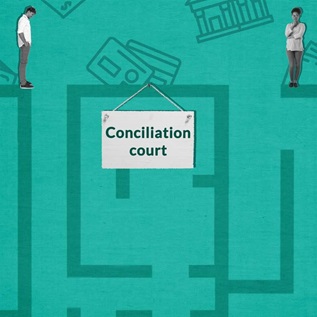What is Your College's Student Debt Pledge?
As college costs have risen sharply over the past several years, higher education has become synonymous with a lifetime of debt for many students, especially those from lower and middle-income families. Some colleges have changed their financial aid policies and communications strategies to minimize or eliminate student loans for low- and moderate-income students. In order to help parents, prospective students, and higher education leaders understand and compare these policies, the Project on Student Debt has created a new web feature that outlines the programs at individual schools, from Harvard University to the University of Louisville.
The new site will be advertised in this week's edition of the Chronicle of Higher Education, online at Inside Higher Ed, and at conferences throughout the summer. The ads ask the question: What is your school's student debt pledge?
"We want this new resource to prompt a me-too response from higher education leaders, leading more colleges to help students reduce their reliance on loans," said Project on Student Debt Executive Director Robert Shireman. "A program that allows students to graduate with no loans-or with a defined, manageable amount of loans-can make college a real option for young people who are scared off by the cost."
Visitors to http://projectonstudentdebt.org/pledges will find a list with each program's core elements described in standard language to make it easier for visitors to compare policies and costs. To be included on the Project on Student Debt's list, a college's policy must cover at least direct expenses (tuition and fees, room and board, books and supplies) with all grant aid, or a defined amount of federal loans. Programs must either be available to all students or target a specific socioeconomic category, such as "students whose parents earn less than $40,000" or "students who are the first in their family to attend college."
Colleges that have programs that may qualify for the list should contact the Project on Student Debt at [email protected] or (510) 883-7300.
The Project on Student Debt works to increase public understanding of the changing role of student debt and its implications for our families, economy and society. Recognizing that loans play a critical role in making college possible, the Project's goal is to identify cost-effective solutions that expand educational opportunity, protect family financial security, and advance economic competitiveness. The Project on Student Debt is managed by The Institute for College Access & Success, a nonprofit, nonpartisan organization working to make higher education more available and affordable for people of all backgrounds. For more information see www.projectonstudentdebt.org and www.ticas.org.
Pew is no longer active in this line of work, but for more information, visit the Project on Student Debt Web site or visit the The Project on Student Debt on PewHealth.org.






